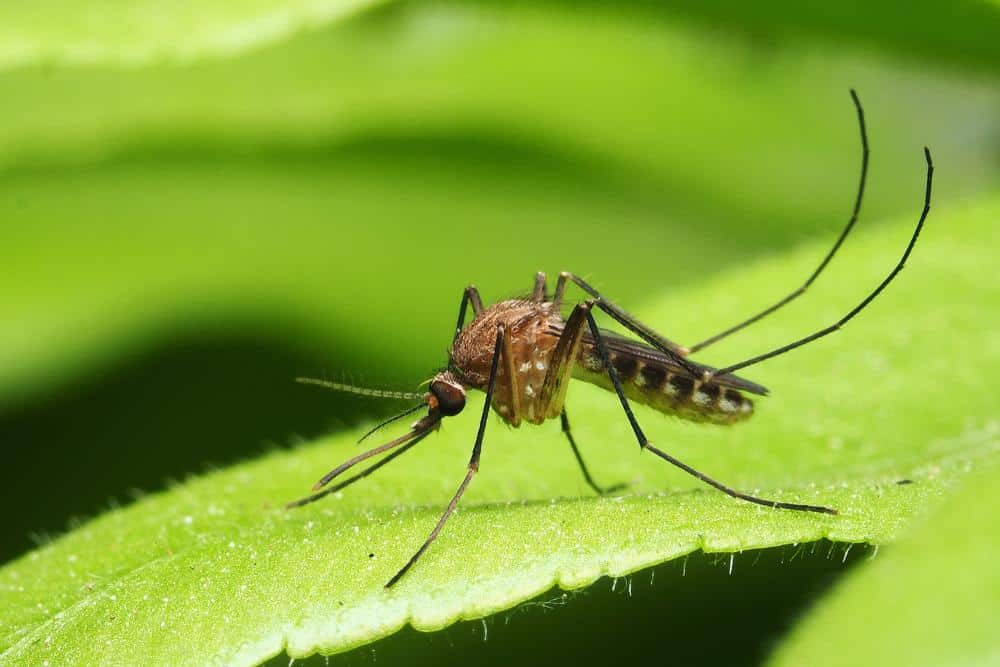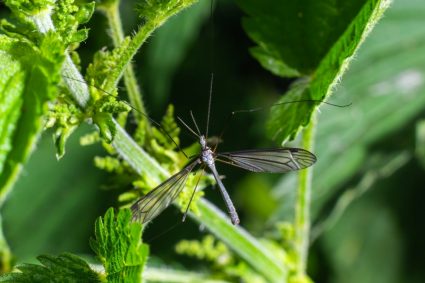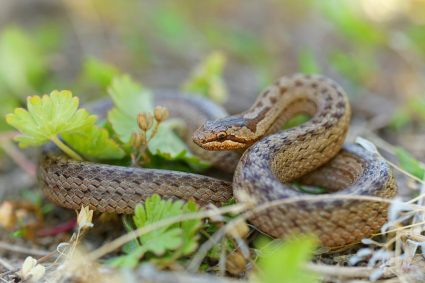
Ticks and mosquitoes are not just annoying pests, but they are carriers of diseases that can pose serious health risks. Many people use mosquito sprays to keep these pests at bay. However, a question that frequently comes up is, “Does mosquito spray kill ticks?”
Mosquito sprays containing DEET or picaridin can repel ticks, but their effectiveness is usually less than against mosquitoes. Therefore, while mosquito sprays can provide some protection, specialized tick sprays or treatments are generally more effective in preventing tick bites and tick-borne diseases.
The Short Answer
The short answer is that mosquito sprays containing DEET or picaridin can be effective in repelling ticks, but their effectiveness may be less than against mosquitoes.
The Science Behind It
Mosquito sprays work by using active ingredients that repel or kill mosquitoes. The most common active ingredients include DEET (N,N-diethyl-meta-toluamide), picaridin, oil of lemon eucalyptus, and IR3535. These ingredients work by making it difficult for biting insects like ticks and mosquitoes to detect humans, thus reducing the chances of bites and the transmission of tick-borne diseases.
However, the effectiveness of these ingredients in repelling ticks is usually less than against mosquitoes. DEET, for example, can repel ticks for around eight hours compared to 12 hours against mosquitoes. Another effective repellent against ticks is picaridin, which can protect against mosquitoes and ticks for 3 to 4 hours when used at a concentration of 5%.
The Proper Application
To properly apply mosquito spray for optimal tick extermination, focus on applying the spray on grassy and bushy areas, particularly in shady and moist spots. Follow the product instructions and reapply as needed. Depending on the product, you may need to reapply the spray after a certain period of time or after activities like swimming or sweating.
The Environmental Impact
Using mosquito spray to kill ticks can pose risks to the environment and other species. Mosquito sprays are not selectively toxic to only mosquitoes; they can also be highly toxic to native pollinators such as bees and butterflies, and may pose risks to pets and people. It is essential to consider alternative methods of controlling mosquitoes and ticks that have a lower impact on the environment and other species.
Proven Mosquito Sprays Effective Against Ticks
Some field-tested and proven mosquito sprays that are also effective against ticks include Sawyer Products 20% Picaridin Insect Repellent, Proven Insect Repellent Spray, Coleman SkinSmart DEET-Free Insect Repellent Spray, Ben’s® Tick Repellent 6 oz. Eco-Spray, and Lethal Bug and Tick Repellent.
Preventive Measures
In addition to using mosquito sprays, consider implementing other tick control methods, such as keeping your lawn mowed, removing leaf litter, and creating a barrier between wooded areas and your lawn. Perform regular tick checks, shower within two hours of being outdoors, and avoid tick-infested areas.
Conclusion
While mosquito sprays can provide some protection against ticks, specialized tick sprays or treatments are generally more effective in preventing tick bites and tick-borne diseases. Always use mosquito control methods responsibly and consider the impact on the environment and other species.
Frequently Asked Questions
What other diseases can ticks transmit?
Ticks can transmit several diseases, the most common being Lyme disease. Other diseases include Anaplasmosis, Babesiosis, Ehrlichiosis, Rocky Mountain Spotted Fever, and Tularemia.
Are there natural alternatives to mosquito sprays?
Yes, there are natural alternatives to mosquito sprays. These include essential oils like citronella, lemongrass, and eucalyptus. However, their effectiveness may not be as high as synthetic repellents.
Can ticks survive after a mosquito spray application?
Yes, ticks can survive after a mosquito spray application, especially if the product does not contain tick-specific active ingredients. This is why it is important to use a product that is proven effective against ticks.
Is it safe to use mosquito sprays on children?
It is generally safe to use mosquito sprays on children, but it is always important to read the product label for any age restrictions. It is also recommended to avoid applying the spray on the hands, eyes, and mouth of children.
How often should I reapply mosquito spray?
The frequency of reapplication depends on the active ingredient and its concentration. Generally, mosquito sprays need to be reapplied every 3 to 4 hours, but this can vary. Always follow the product’s instructions for reapplication.












